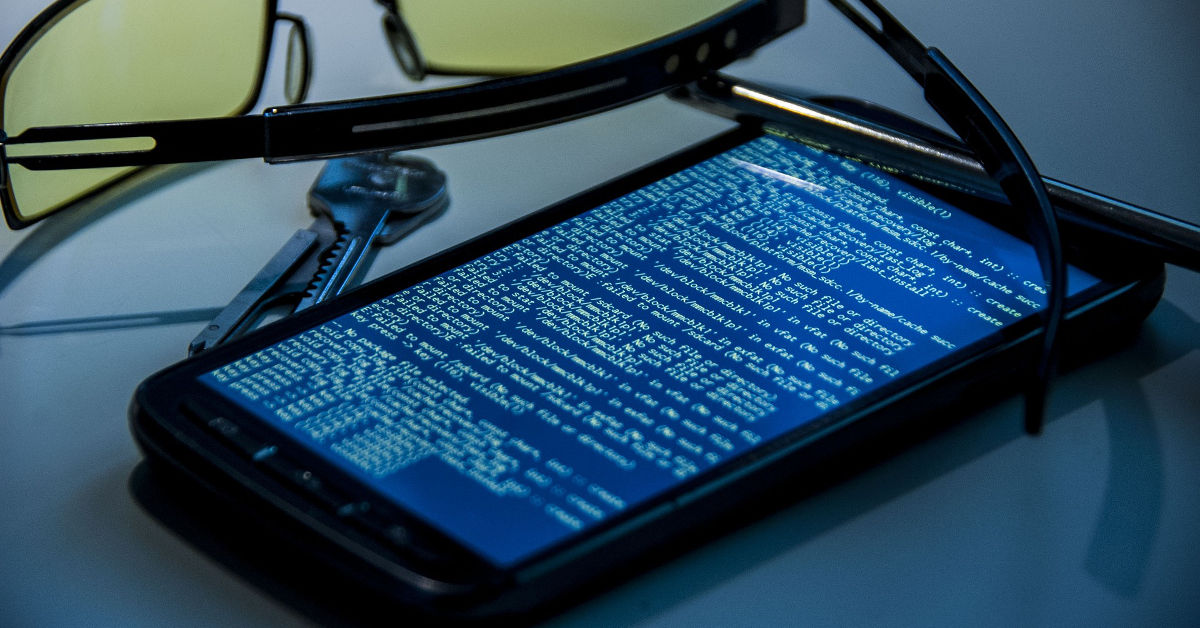The EU has approved the control of online messages. What is the reason?
On Tuesday, 6 July, the European Parliament adopted the final version for checking online messages. This is a temporary license to control electronic content that contains material depicting child sexual abuse. The news was published on the EURACTIV web portal.
There are a lot of nasty things going on on the Internet, including the sexual abuse of children
According to the available information, this regulation will provide only a temporary solution. The danger to children continues to end. According to the European Commission, almost 4 million pictures and videos depicting child abuse were reported last year.
In the same period of time, 1,500 reports of abuse of the technique by which the attacker reaches the minors were filed. According to Europol, the situation worsened during the coronavirus pandemic.
The new regulation provides technology companies with a legal framework to monitor online communications in order to detect and report material depicting the abuse of minors.
The US-based US NGO Thorn welcomed the new EU legislation, noting that the number of reported files has increased by as much as 15,000 percent in the last 15 years.
“We are facing a growing global crisis of child sexual abuse online and we simply cannot afford to move back in this fight.” said Vice President Sarah Gardner of Thorn.
Controlling online messages and privacy? Our privacy will be ensured in part by artificial intelligence
As might be expected, this regulation has been criticized as being too disruptive to allow innocent people’s private communications to be monitored. However, in a non-binding opinion last year, the European Data Protection Supervisor questioned the compatibility of the measure with the fundamental right to privacy.
Private conversations will be tracked using authorized content recognition tools. These are powered by artificial intelligence, but come under human supervision.
Diego Naranjo, Head of European Digital Rights (EDRi), told EURACTIV that the proposal was “hurried” and failed to strike a balance between the right to privacy and the need to protect children online.
In the final negotiations, the European Parliament raised several concerns about privacy. This should make the end-user more aware of possible conversation tracking.

Automated tools reportedly report irrelevant content in up to 86 percent of cases and publish notices to private organizations and police authorities without the user being informed.
The other side says that similar measures will be counterproductive. It is said that they will not prevent the abuse of children, but will only take their abuse further underground and it will be increasingly difficult to detect these attackers. Ultimately, this can lead to the abuse of even more children.
Despite the fact that the GDPR contains measures to detect child sexual abuse, this is not the case with the ePrivacy Directive. The interim solution will be valid until 31 December 2025, but can also be revoked at any time once the revised Internet Privacy Directive enters into force.
Our tip
Galaxy Unpacked: Samsung will introduce all this in August


